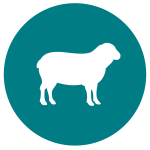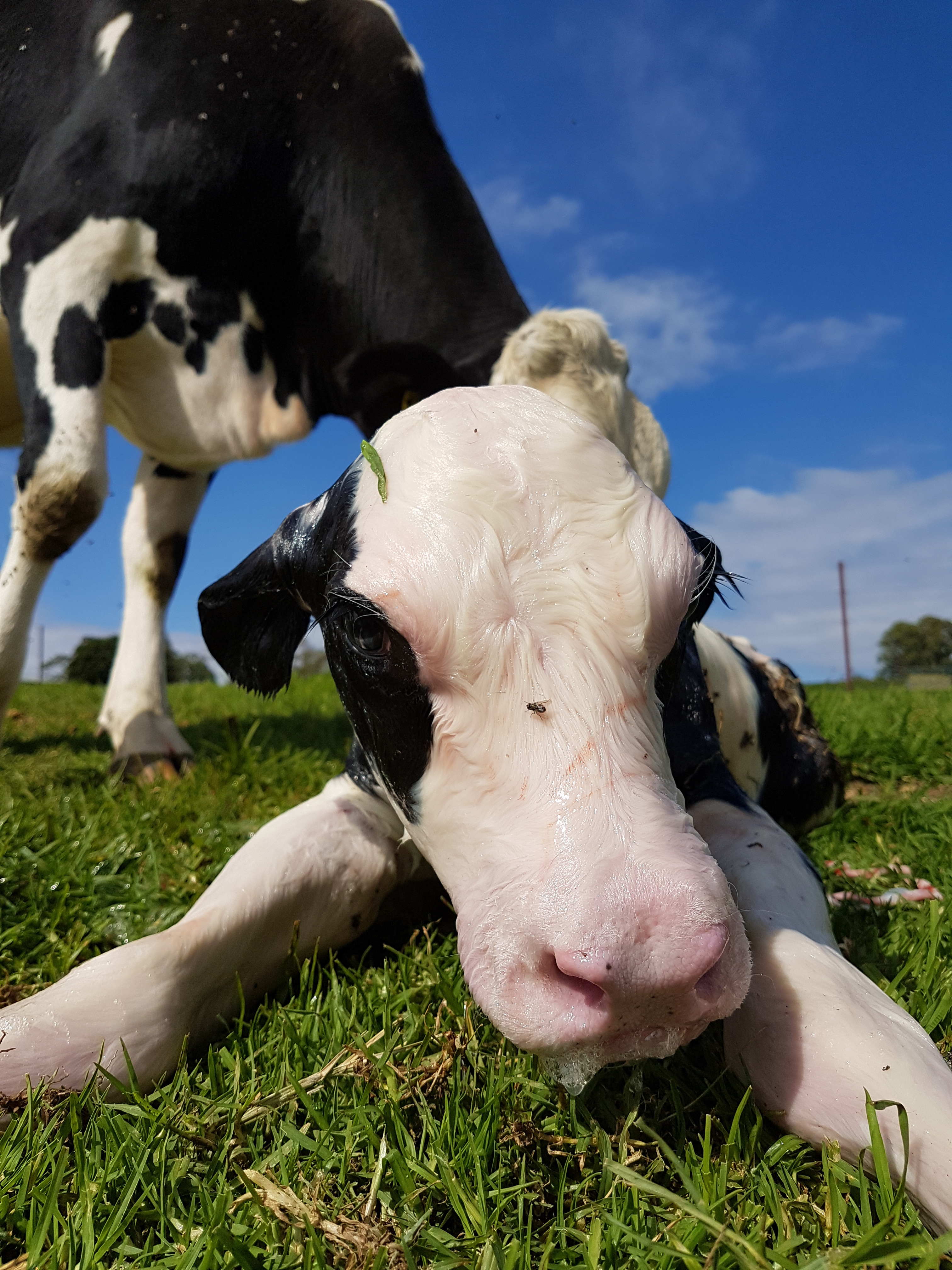By Anna Clifford
If you’ve seen any mainstream media stories about livestock production in recent years, it’s likely that you’ve seen the barrage of criticism the industry’s faced for the amount of greenhouse gases cattle produce.
The message has been simple: livestock are a significant barrier in the fight against climate change, and if we want to make a positive difference then we should stop eating meat and dairy products.
There’s no doubt that livestock farms and the whole agricultural industry have a role to play in tackling climate volatility. However, the current focus on meat and milk production over-simplifies what is a very complicated subject.

Let’s look at data
At various industry conferences in recent years, sustainable agriculture expert Professor Michael Lee from Bristol University has discussed the need to consider all the data connected to farming before making any conclusions about food’s sustainability.
Much of the argument around livestock farming focuses on the global warming potential (GWP) of meat and dairy thanks to animals’ greenhouse gas production.
Using GWP mass-based assessments, forage-fed beef cattle create almost 2kg of carbon dioxide equivalent (known as CO2e, the standard unit for measuring carbon footprints) per 100g of meat produced, while upland sheep produce 3kg CO2e per 100g of meat. Pitted against intensively-reared chicken, which produces less than 0.5kg CO2e per 100g, cattle appear to be much less environmentally friendly.

What this simple measure fails to grasp though, is what it really means to be sustainable. Professor Lee believes CO2e was not meant to be used for these purposes because it doesn’t take into account meat’s nutritional value.
What’s more, it tells us nothing about which farming systems are the most effective at producing food with the lowest emissions profile.

To address the issue, Professor Lee created an alternative way to measure GHGs in meat production by incorporating Recommended Dietary Intakes (RDIs) into the emissions metric.
By using RDIs, the metric recognises beef’s high nutritional value and concentration of vital vitamins and minerals, compared to foods which, on the surface, have a lower carbon footprint.
Taking nutritional value into account
In practice, scientists using this metric have revealed that emissions from beef cattle reared on concentrates are actually less than 0.05kg CO2e per 1% RDI. That’s a mere fraction of the 2kg CO2e per 100g calculated in the standard GWP measurement, and 1.5 times lower than beef cattle raised on forage.
Even more startling, factoring in nutritious value showed that emissions from those same cows were 2.25-times lower than free-range chicken.
A Danish study confirmed that it could be difficult to fulfil the recommended daily intake of nutrients, in particular calcium, if dairy products are excluded from our diet. In the study, cheese has the highest nutrient density value compared to other food items. When considering the nutrient density and climate impact, cheese is just as good as common staple foods such as cod, pork, chicken, brown rice, pasta and potatoes — foods that aren’t getting a lot of attention or scrutiny.

Major opportunities
The published IPCC report itself commented ‘animal-sourced food produced in resilient, sustainable and low-GHG emission systems, present major opportunities for adaptation while generating significant co-benefits in terms of human health’.
Livestock can play a critical role not only in feeding the world’s growing population, but also in helping to improve soils, sequester carbon, and provide long-term environmental benefits which can’t be achieved any other way.
Being able to understand and demonstrate a product’s environmental footprint will not only help farmers counter some of the negative press but can also help increase efficiencies across farms and add value to meat and dairy products.

Promar has its own fully accredited carbon accounting tool which can help measure farm emissions and help businesses establish and plan for improvements. If you’d like to learn more about setting credible climate targets and building a roadmap towards sustainability, get in touch with our Sustainability team today.







